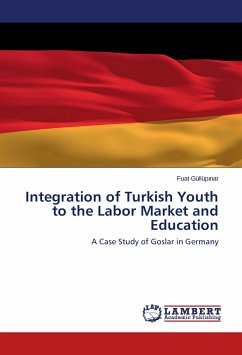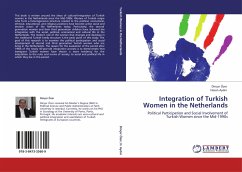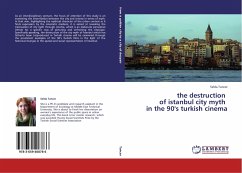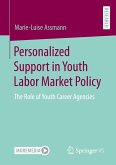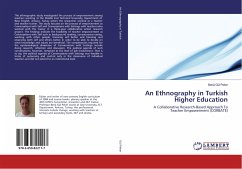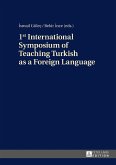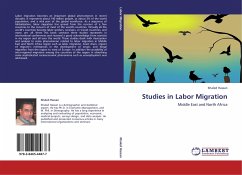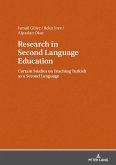The study examines the recent transformations of integration policies and citizenship laws in Germany with a special focus on the experience of Turkish youth in Goslar. It argues that the conditions and restrictions differentiated by different migrant categories and rights regarding entry, family reunification, welfare benefits, and labor market access go along with a particular legal status of those admitted migrants create hierarchy of stratified rights. This work suggests that the nature of the citizenship in Germany remains deeply `differentiated`, `exclusive` and `hierarchical`. Turkish youth have experienced downward integration and their upward integration is yet limited in Germany regarding labor market and education. The youth also continue the celebration of ancestral origins of their religion and ethnicity, though in reactionary ways. Today, the question for the next generation Turks is not whether integration will take place, but to what extent and to what segment of German society will integrate them.In other words, for Turkish youth, the question is no longer whether to stay or return but how to secure permanent spaces for their intercultural skills and identities.
Bitte wählen Sie Ihr Anliegen aus.
Rechnungen
Retourenschein anfordern
Bestellstatus
Storno

